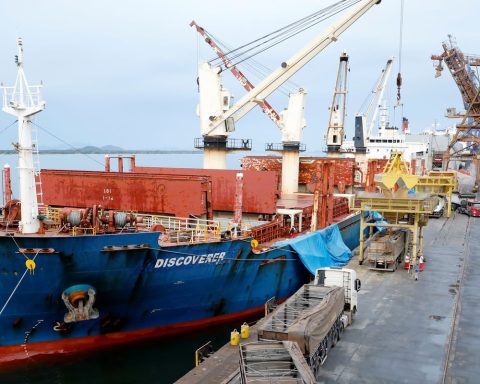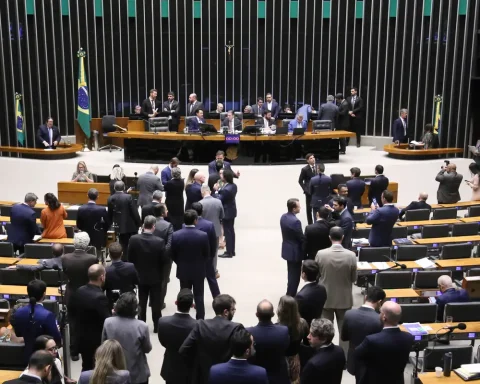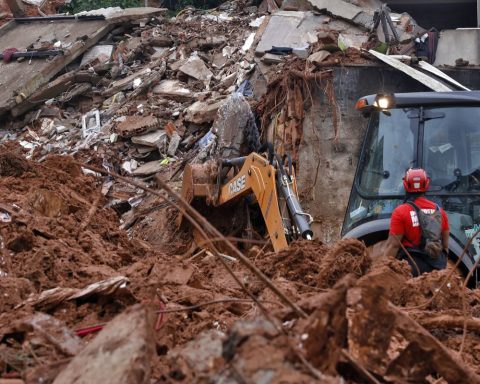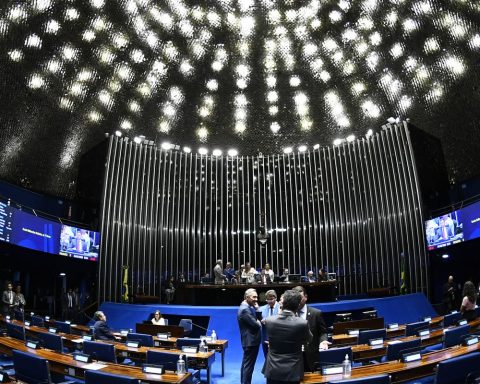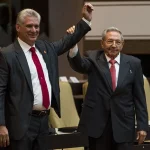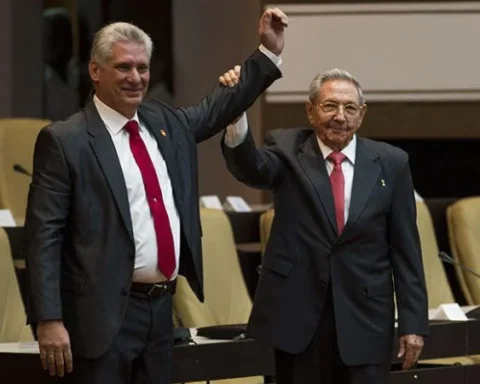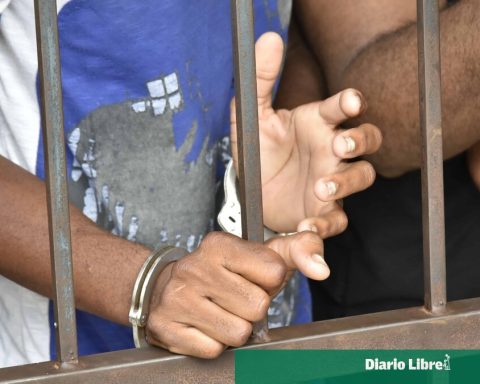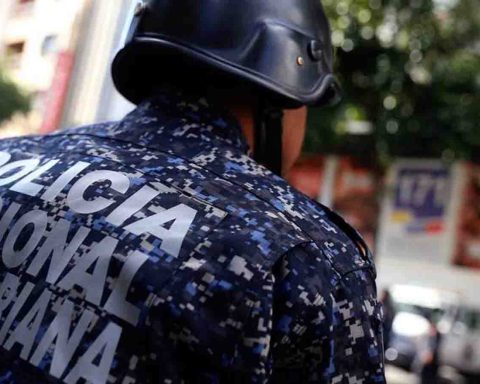Dozens of young people from poor communities in the city of Rio de Janeiro and municipalities around the capital and students from the Federal University of Rio de Janeiro (UFRJ) held an act against global warming this Saturday (11). The meeting took place in Praça Mauá, in the port area of the city, and not even the cold and the light rain discouraged the demonstration.
The event is part of the Environment Week program and is the result of the course: The plate warmed up, create! Reaction of Territories to Climate Emergency.
Participants displayed posters and banners with phrases in defense of the environment and released a letter with demands for emergency actions in communities to prevent flooding. They asked for sanitation, drainage and garbage collection.
The coordinator of the UFRJ Culture and Science Forum, Tatiana Roque, said that the act was organized by young people from communities in Duque de Caxias, in Baixada Fluminense; Maré and Rio das Pedras, in the state capital; and Morro do Cavalão, in Niterói. All participated in the course on climate emergency, offered by the forum.
“The students themselves proposed this act, because they said that it is not possible, after everything they learned in the course, to stand idly by in relation to such an urgent issue, which affects the territories where they live in such a serious way”, explained the forum coordinator.
Tatiana also said that, during the course, several classes had to be postponed, “due to flooding in the places where these people live and are affected by the rains”.
In the coordinator’s assessment, the act reinforces the need for urgent action by society to prevent climate change from causing even more damage to people’s lives, especially the poorest and most peripheral, and to reaffirm the leading role of youth in this issue and promote a great meeting between favelas/peripheral groups, intellectuals and climate activists.
The program aimed to train university students and youth from various peripheral territories to act as leaders in issues related to the climate emergency. There were four modules between April and May, with classes at UFRJ and in the territories, with university professors and activists as facilitators of the course.
*Collaborated by Cristiane Ribeiro, reporter for Radiojornalismo

